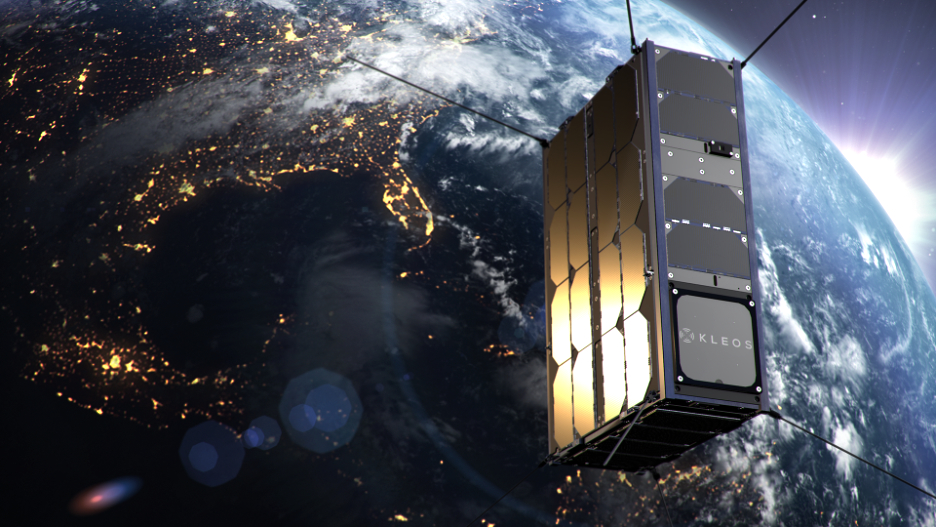
Kleos Space (ASX: KSS, Frankfurt: KS1) has been awarded a contract to prepare Kleos data to be accessed by the Micro-Satellite Military Utility (MSMU Project) Project Arrangement (PA), which is an agreement under the Responsive Space Capabilities Memorandum of Understanding involving the Departments and Ministries of Defense of Australia, Canada, Germany, Italy, Netherlands, New Zealand, Norway, United Kingdom and United States.
The MSMU Project aims to develop a blueprint for a Multinational Heterogeneous Space Enterprise (ISR Enterprise), to provide military users with reliable access to a broad spectrum of information in an opportunistic environment. The MSMU Project is building the architecture and infrastructure to enable machine intelligence, including automation, human-machine teaming, and ultimately, artificial intelligence; these initiatives will define how the ISR Enterprise executes operations.
The program is coordinated by the Utah State University Space Dynamics Laboratory (SDL) in collaboration with the US Air Force Research Laboratory (AFRL). Kleos’ Scouting Mission satellites that are in Chennai, India, awaiting launch on Indian Space Research Organisation (ISRO) PSLV C49, will detect and geolocate maritime radio frequency transmissions to provide global activity-based intelligence, enhancing the intelligence, surveillance and reconnaissance (ISR) capabilities of governments and commercial entities when Automatic Identification System (AIS) is defeated, imagery unclear or targets out of patrol range.
Kleos’ satellites will be in a 37-degree inclination.

Andy Bowyer
Andy Bowyer, the company’s CEO, commented that his opportunity delivered by the team; Peter Round and Karyn Hayes-Ryan, is a great achievement and validation for the company. The firm is seeing increasing demand for Kleos’ global geolocation intelligence data, which will enhance the ISR capabilities of governments and commercial entities.

Karyn
Hayes-Ryan
Karyn Hayes-Ryan, Director noted that the company’s satellites and data will enhance defense capabilities when fused with other data sets in the Government environment, as well as providing timely monitoring of illegal fishing, oil embargoes and other illicit action that both damages the environment and hurts economies.
